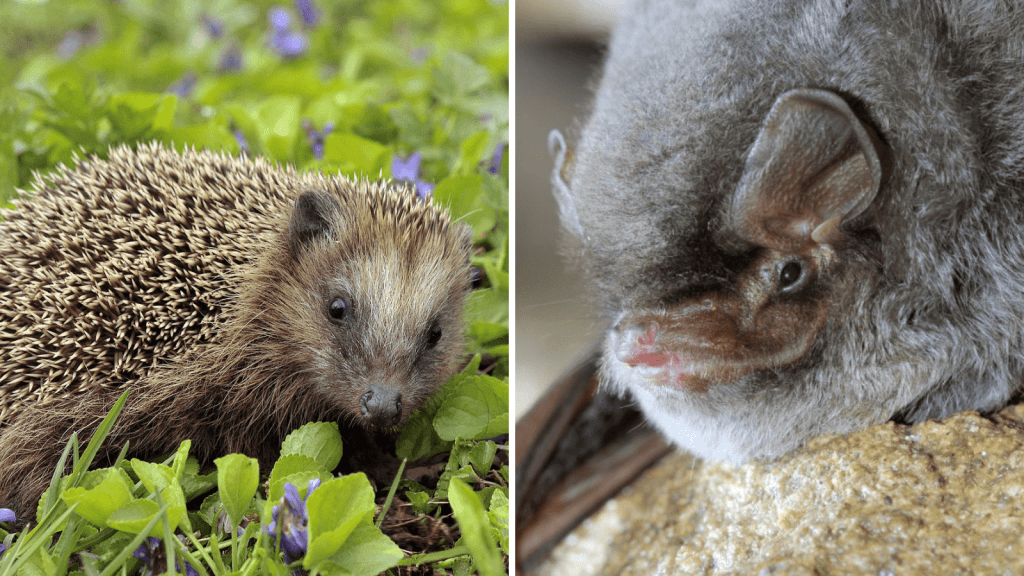Dr. Gary Whittaker and MPH Alumna Qinghua Guo Analyze Coronaviruses in Bats and Other Mammals

Cornell MPH Professor Dr. Gary Whittaker and Qinghua Guo, Cornell MPH ’22, recently published a paper in Comparative Medicine that examines the underlying origins of zoonotic coronaviruses in bats. The paper, written with Cornell DVM Graduate Alison Stout and former postdoctoral associate Jean Millet, aims to understand where coronaviruses like SARS-CoV-2, come from and how humans fit into the picture.

This study follows one published by Stout, Millet, and Whittaker, that examines the implications for evolution and transfer of rodent coronaviruses. The main finding of these two papers is that for viruses like SARS-CoV-2, we need to look beyond bats as the natural reservoir of coronaviruses.
This paper formed the foundation for Qinghua Guo’s capstone project for her MPH degree. Her project, titled “Zoonotic potential of coronaviruses in the mammalian order Eulipotyphla and the role of proteolytic cleavage at the spike protein S1/S2 domain,” focuses on the coronavirus potential in Eulipotyphla, an order of mammals that eat insects, such as hedgehogs and shrews. The research indicates that bats and Eulipotyphla have similar metabolic processes and could potentially be a reservoir for diseases like coronavirus. Her project examined coronaviruses in these mammals and the potential of these viruses to spread to human hosts. The project concluded that increased wild animal surveillance would be necessary to combat potential spread of new coronaviruses.

Written by Katie Lesser
